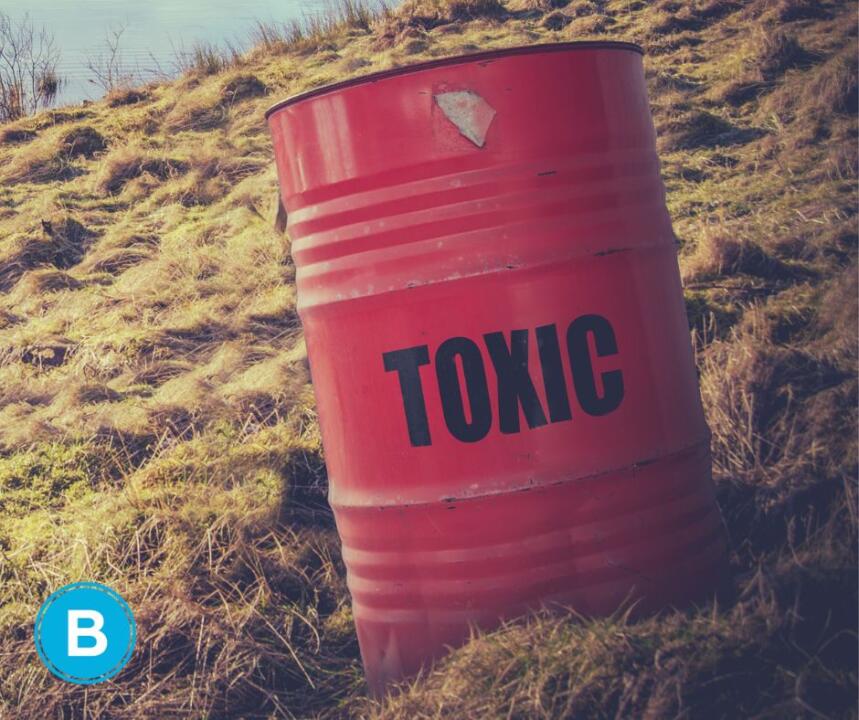
What do VOCs (Volatile Organic Compounds), North Carolina, and Polk County veterans have in common? Well, if you were a veteran (or military family member/contract employee) stationed at Camp Lejeune, the answer would be: A LOT. During the span of time between 1953 and 1987, dangerous substances were leached into the water, yet left undisclosed to those who lived and worked at the base, resulting in catastrophic health repercussions to this day. Individuals who were impacted by these chemicals have been left to suffer for years with:
- Leukemia (including Acute Myeloid Leukemia or AML)
- Bladder Cancer
- Brain Cancer
- Breast Cancer
- Central Nervous System Cancer (CNS)
- Cervical Cancer
- Esophageal Cancer
- Lymphoma
- Kidney Cancer
- Liver Cancer
- Lung Cancer
- Myelodysplastic Syndromes
- Multiple Myeloma
- Non-Hodgkin’s Lymphoma
- Ovarian Cancer
Prostate Cancer - Rectal Cancer
- Cardiac defect
- Epilepsy
- Fatty Liver Disease (Hepatic Steatosis)
- Female Infertility
- Kidney Damage
- Immune Disorders
- Nerve Damage
- Miscarriage
- Neurobehavioral effects
- Parkinson’s Disease
- Renal Toxicity
- Scleroderma
- and possibly even more serious (and sometimes fatal) health conditions.
Unfortunately, it’s only been recently that the government finally took accountability for what happened to these victims, and is giving them the opportunity to step forward and fight for justice and compensation. With the passing of the PACT Act, individuals and/or their loved ones who have been impacted by the water contamination at Camp Lejeune can file a claim under the Camp Lejeune Water Contamination Lawsuit. Not only do individuals now have the opportunity to receive disability benefits related to their exposure to these chemicals, but they could also be eligible for compensation for the suffering they’ve endured since their exposure. Why, then, are countless veterans throughout Florida, including here in Polk County, not stepping forward to claim these benefits?
Three reasons we’ve heard are:
- “My condition isn’t on the list. That means I’m not eligible.”
- “My spouse/child/dependent is the one with the health condition, not me.”
- “I don’t have the money to hire an attorney to take on this case for me.”
All of these might seem like valid reasons to turn a blind eye to this lawsuit and just move on in life, but in reality, these are all incorrect assumptions about the PACT Act, the Camp Lejeune Water Contamination lawsuit, and what it means for you and your family.
First, the list of health conditions is not comprehensive. Working with your doctor, you may very well be able to prove that your health struggles link back to your time spent at Camp Lejeune during the aforementioned period of time. Skin issues, a wide variety of cancers not listed, and more are all potentially covered by the lawsuit, depending on what your doctor concludes. We help you work with your doctor to get the necessary tests and paperwork done if you suspect you were impacted by contaminated water. Second, the lawsuit benefits are not limited to veterans only. Anyone who lived on the base, or was working in a contracted position on the base for more than 30 days, is eligible to file a claim. This includes spouses and/or children of those who were serving at the time. Finally, money should not be a concern if you feel you were impacted by the Camp Lejeune Water Contamination fiasco. The team at Brooks Law Group is committed to making sure everyone impacted gets the justice they deserve and the compensation they need for recovery. We provide free, no obligation consultations to discuss your unique situation and the potential for your case. What’s more, you don’t pay unless we WIN for you.
Our veterans and their families deserve better than this. If you feel that you are eligible to take part in this lawsuit, Look to Brooks. We’re here for you! Call us at 1-800-LAW-3030 or take advantage of our free consultation today.













